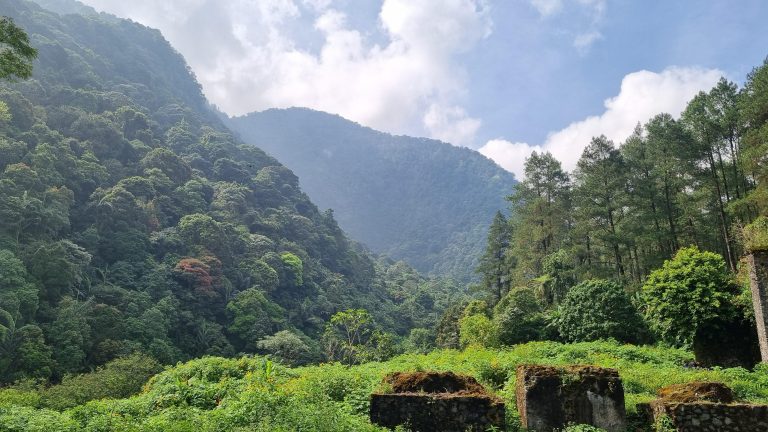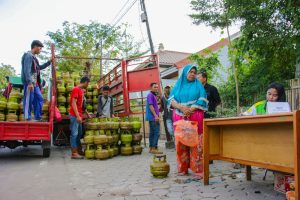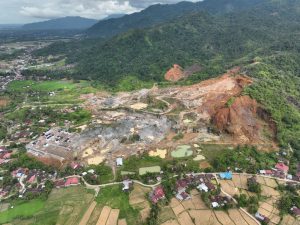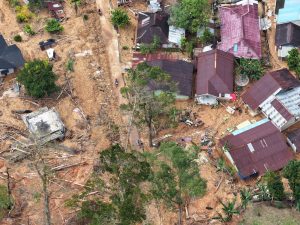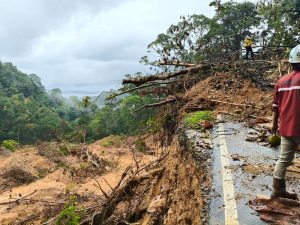Jakarta — Indonesia has gained international backing to enhance its biodiversity conservation efforts through two newly endorsed initiatives by the Global Environment Facility (GEF): the ENABLE and SPARE projects, according to a statement released by the United Nations Development Programme (UNDP) Indonesia office on Monday, June 9. These initiatives employ a landscape-based and spatial planning approach to manage the country’s vast natural resources sustainably.
The ENABLE project—short for “Excelling Protected Area Management Effectiveness for Biodiversity Conservation through Landscape-Based Approach”—and the SPARE project—“Spatial-based Natural Forest Planning and Governance for Robust Ecosystems”—were officially approved at the recent GEF Council Meeting. The initiatives are part of the GEF’s eighth funding replenishment and are supported by the UNDP in collaboration with Indonesia’s Ministry of Forestry.
The ENABLE project will focus on three national parks—Gunung Leuser, Sebangau, and Bogani Nani Wartabone—transforming them into centres of excellence for inclusive and innovative conservation strategies. These sites will serve as pilot areas for ecosystem restoration, spatial analysis, and participatory conservation, addressing threats such as habitat fragmentation, deforestation, and unsustainable land use. ENABLE is set to improve the management of over 3 million hectares of protected land and support 2,000 local people through livelihood and conservation partnerships, with a total grant of USD 6.6 million over six years.
Meanwhile, SPARE will strengthen spatial planning and forest governance outside of protected zones, helping to preserve high-conservation-value ecosystems. The USD 6.1 million project aims to benefit 10,000 people, restore over 4,000 hectares of degraded land, and improve the management of 1.6 million hectares to avoid the loss of 25,000 hectares of natural forest. It is also expected to avert nearly 3 million metric tons of CO2 equivalent emissions.
“(These) projects define UNDP’s commitment to support Indonesia in safeguarding its globally significant biodiversity and natural resources,” said Sujala Pant, Deputy Resident Representative of UNDP Indonesia. “Through landscape-based and spatially-informed approaches, along with community-driven innovation—such as co-managed conservation, sustainable local enterprises, and participatory restoration—, ENABLE and SPARE represent a new era of conservation, one that is inclusive, science-based, and built on shared stewardship of our natural heritage.”
Carlos Manuel Rodríguez, CEO of the GEF, highlighted Indonesia’s central role in global biodiversity protection. “Indonesia is GEF’s top recipient country and is one of the most biodiverse countries in the world. We continue to stand beside Indonesia in its efforts to conserve and sustainably use nature and meet the Global Biodiversity Framework 2030 targets.”
Officials from the Ministry of Forestry also emphasised the national importance of the initiatives. Satyawan Pudyatmoko, Director General of Natural Resources and Ecosystem Conservation (KSDAE), said ENABLE will reinforce Indonesia’s leadership in biodiversity protection, while Ade Tri Ajikusumah, Director General of Forestry Planning, noted that SPARE will enhance sustainable forest management and planning capacity.
The initiatives are aligned with the Indonesia Biodiversity Strategy and Action Plan (IBSAP) 2025–2045. They are designed to attract additional investments, aiming to leverage seven dollars for every dollar of GEF funding from government and private sources. (nsh)
Banner photo: Indonesian Tropical Rainforest (Photo credit: Iwan Kurniawan/UNDP Indonesia)

